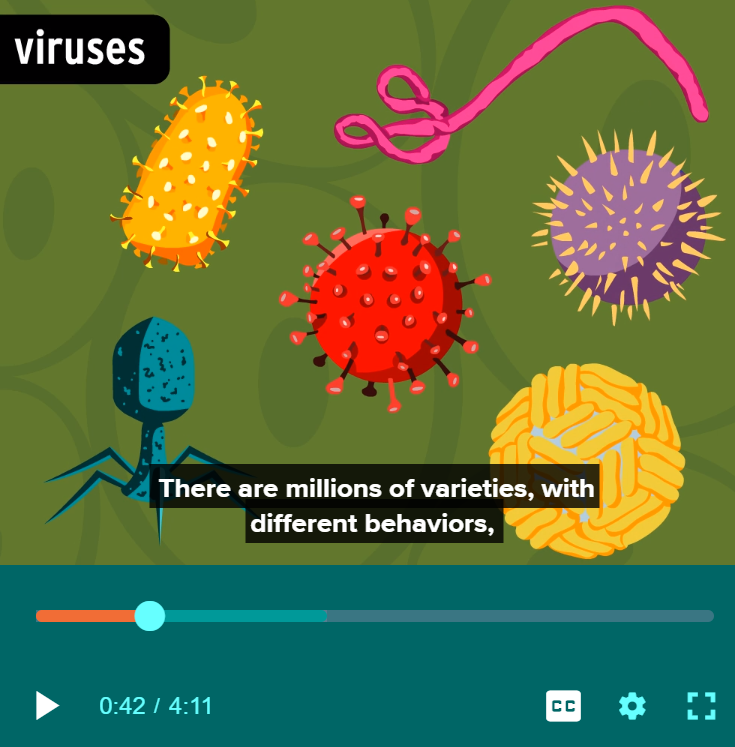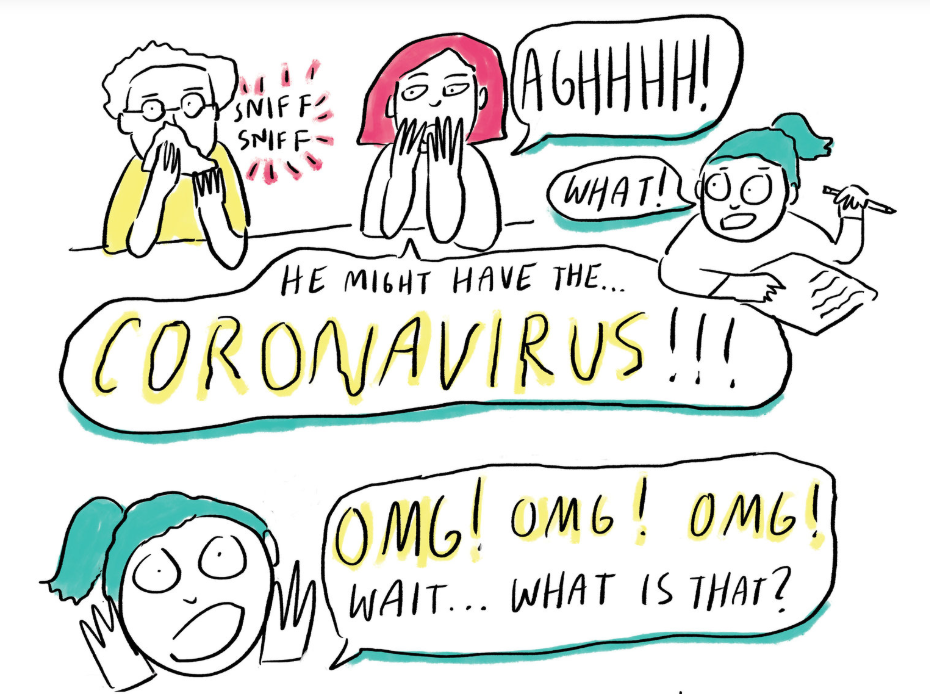
With coronavirus frenzy dominating the media and clearing supermarket
shelves across the country, it can be a lot for young people to process. As
usual, students are looking to their educators for facts and resources to guide
and inform them through this unfamiliar territory.
Updated guidance documents were issued last weekend by California Department of Public Health for schools
and colleges,
and California
Department of Education posted updated information on coronavirus,
including resources on health practices, planning, school closures and funding,
cleaning, and how to address fear.
Some schools have already closed when virus concerns have arisen (Elk Grove Unified is closed all this week after a student tested positive for coronavirus) while others are preparing measures to ensure student and staff health and safety, including distance and e-learning options in the event of closures.

While districts and health officials issue recommendations for best practices, students are often coming to school with misconceptions about the outbreak, causing educators to develop ways to discuss the current issue with them. Education Week compiled examples of how educators are creating lessons to make the situation a teaching moment, including calculating infection probability, writing a predictive equation to determine the potential spread and discussing the racism that is accompanying the coronavirus hysteria.

There are a number of good resources designed for young people to help them understand the outbreak concerns and how to best protect themselves, including this great video from Brainpop that teaches about how viruses work and the best ways to prevent them from infecting more people. NPR also created this comic to illustrate the tips he received from experts about the virus.
Stay Updated on Coronavirus Situation
CTA and NEA have resources about coronavirus for educators. For information on your community, visit your local public health department’s website; for state updates, the California Department of Public Health; for national, visit CDC; and for global information, visit the World Health Organization.

The Discussion 0 comments Post a Comment